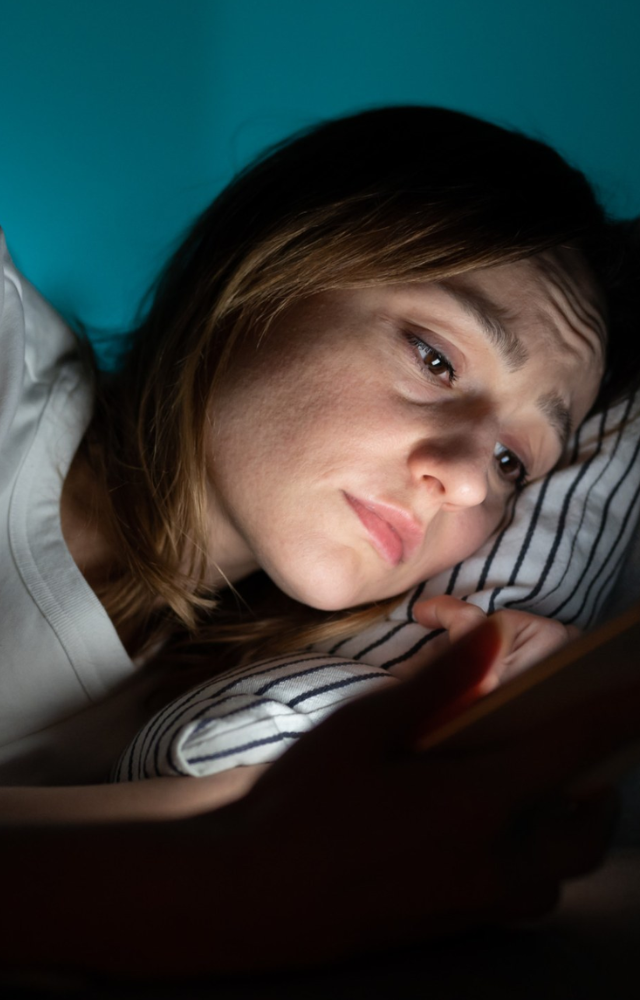
Insufficient Sleep: Mind Effects
By Radiocity Team
Published Jun 20, 2024

Mood Disorders
Chronic sleep deprivation is linked to increased irritability, mood swings, and heightened emotional reactivity. It can exacerbate symptoms of anxiety

Stress Response
Lack of sleep disrupts the body`s ability to regulate stress hormones like cortisol. This can lead to heightened stress levels and a reduced ability to cope

Negative Thinking
Sleep deprivation often results in negative thinking patterns, including pessimism, rumination, and a tendency to focus on problems rather than solutions.
Risk of Psychiatric Disorders
Long-term sleep disturbances are associated with an increased risk of developing psychiatric disorders such as depression, anxiety disorders, and bipolar
Impaired Emotional Regulation
Sleep plays a crucial role in emotional regulation. Sleep-deprived individuals may find it challenging to manage their emotions leading to emotional instability
YOU MAY ALSO LIKE
Btown Actresses who Flaunted Baby Bumps
Legendary Bond: Big B and Prabhas
Increased Risk-Taking Behavior
Sleep deprivation can impair judgment and increase impulsivity, leading individuals to engage in risky behaviors they might otherwise avoid.
Impact on Overall Mental Well-being
Consistently poor sleep quality or insufficient sleep can contribute to a decline in overall mental well-being, affecting self-esteem and life satisfaction
Kamal Haasan on Kalki Premiere



